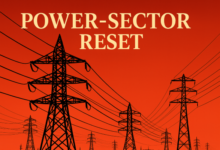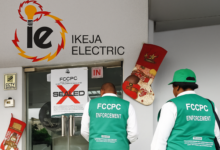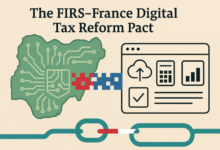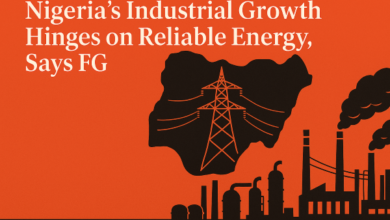Subsidy Removal: 2 years on, impact, challenges
By Yusuf Yunus
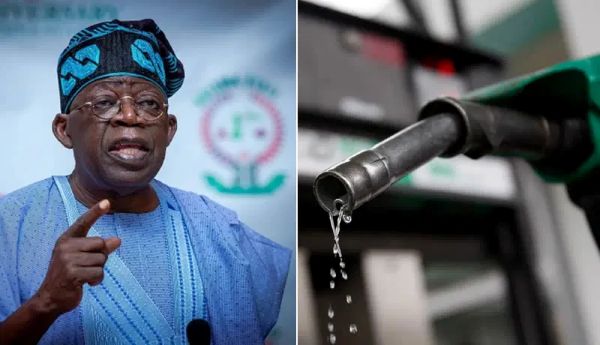
Two years after the Nigerian government made the historic decision to remove the fuel subsidy, the nation continues to grapple with its wide-ranging economic and social effects.
The subsidy removal in 2023 was aimed at curbing Nigeria’s rising debt and reallocating funds to critical sectors like infrastructure, education and healthcare.
However, the immediate fallout was a surge in the cost of goods and services, especially those reliant on transportation.
According to the National Bureau of Statistics (NBS), inflation spiked in the months following the removal, with food prices hitting everyday Nigerians the hardest.
Businesses, particularly in transport, logistics and manufacturing, struggled to cope, passing on higher costs to consumers.
Dr Muda Yusuf, Managing Director/CEO of the Centre for the Promotion of Private Enterprise (CPPE), warned that prolonged high energy costs could weaken local businesses’ competitiveness.
He urged the government to prioritise energy efficiency, reduce power outages and explore alternative energy sources.
In spite of the economic strain on households, the government has enjoyed financial relief.
The three trillion naira previously allocated for subsidies has been redirected to key projects aimed at stimulating economic growth and addressing long-standing infrastructure deficits.
Investments in road construction, education and social welfare have started to yield results, with visible improvements in public services.
Oil and gas consultant, Mr Henry Adigun, noted that increased revenue from subsidy savings had empowered state governments to fund developmental projects.
However, he acknowledged that dollar-based transactions by fuel marketers had led to persistently high pump prices, keeping financial pressure on consumers.
According to him, the subsidy removal has also reshaped Nigeria’s petroleum sector, paving the way for market-driven pricing.
In same vein, other industry experts argue that this has created a more competitive environment, attracting both local and international investors to the refining and distribution sectors.
Mr Joe Nwakwue, Partner at Zera Advisory and Consulting Ltd., admitted that while the implementation of the policy lacked sufficient preparation, it had helped curb fuel smuggling and economic leakages.
He pointed out that Nigeria had achieved 80 per cent price deregulation and 40 per cent supply deregulation, with full deregulation only possible when supply fully meets demand.
“If the right policies are implemented, the painful transition from subsidies could lead to a more sustainable and equitable future,” he added.
On the long road to stability, an energy expert, Sani Awojobi, acknowledged the benefits of increased government revenue and infrastructure development.
Awojobi stressed that the hardship caused by high fuel prices and inflation remained a major challenge.
He emphasised that stakeholders across various sectors were working to manage these difficulties, hopeful that the sacrifices of today would lead to a more stable, self-reliant economy.
“As Nigeria moves forward, the government’s ability to balance economic reforms with social welfare will determine whether subsidy removal strengthens or weakens the nation’s economic trajectory,” he stated.
Moreso, on government’s response and the way forward, President Bola Tinubu’s administration has pledged to channel subsidy savings into human capital development and infrastructure while cushioning the financial strain on citizens.
Efforts such as cash transfers and food distribution have been introduced to mitigate the impact on vulnerable populations.
Also, discussions on tax reforms and economic growth strategies are ongoing to ease the burden of rising costs.
News Agency of Nigeria(NAN)


